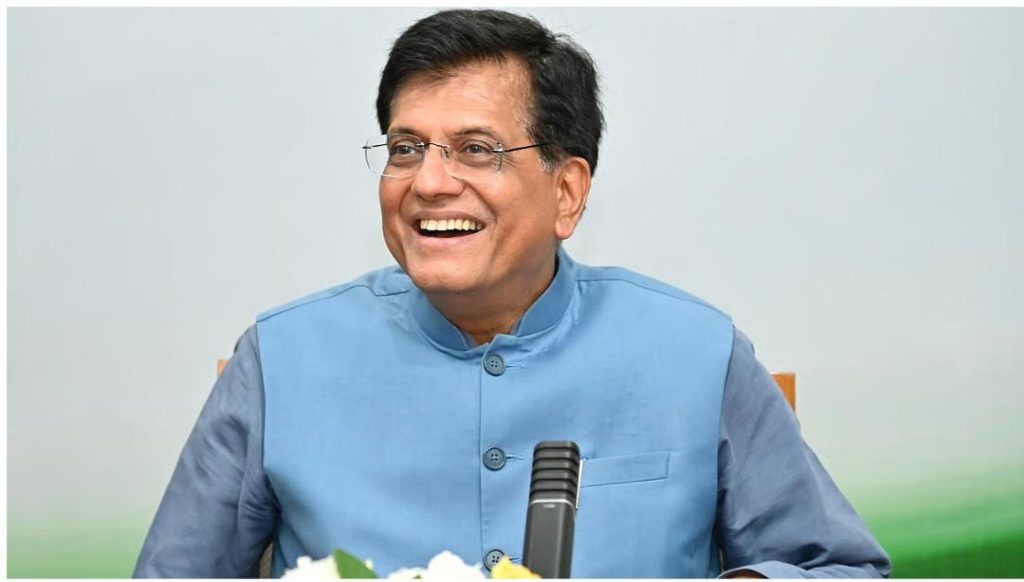
India Makes Deals as per National Interest, Not Deadline: Goyal on US Trade Talks
The ongoing trade talks between India and the United States have been a topic of much speculation and debate. As the suspension of US’ reciprocal tariffs is set to end on July 9, the world is eagerly waiting to see if a trade deal can be reached between the two nations. Recently, Union Commerce Minister Piyush Goyal shed some light on the negotiations, stating that India will not compromise on its national interest to meet a deadline.
In an interview, Goyal emphasized that India never negotiates trade deals based on a timeline. Instead, the country accepts a deal when it is in its national interest. This stance is a clear indication that India will not rush into a deal just to meet a deadline, but will prioritize its own interests above all else.
The minister’s statement comes at a crucial time, as the US has been pushing for a trade deal with India. The Trump administration has been seeking to address issues such as market access, intellectual property protection, and tariffs. However, India has been firm in its stance, refusing to compromise on issues such as agriculture and data localization.
Goyal’s comments have sparked a mix of reactions from trade experts and industry leaders. While some have welcomed India’s stance, others have expressed concerns about the potential implications of a delayed deal. The minister’s emphasis on national interest has raised questions about the likelihood of a deal being reached in the near future.
So, what does it mean for India to prioritize national interest in trade negotiations? In simpler terms, it means that the country will not compromise on its core interests, values, and policies to meet the demands of another nation. This approach is a reflection of India’s growing confidence and self-assurance as a major player in the global economy.
In recent years, India has made significant strides in its economic growth, with the country’s GDP growth rate consistently exceeding 7%. The government’s efforts to promote domestic manufacturing, reduce dependence on imports, and create a business-friendly environment have all contributed to this growth. As a result, India is now viewed as a key player in global trade, with its interests and concerns being taken seriously by other nations.
The minister’s statement is also seen as a message to other countries, particularly the US, that India will not be pushed around or bullied into accepting a deal that is not in its best interest. This stance is a reflection of India’s growing assertiveness in global trade, with the country seeking to protect its interests and promote its own economic development.
In the context of the ongoing trade talks with the US, Goyal’s comments are significant. While the two nations have been negotiating a trade deal for several months, there has been little progress on key issues. The minister’s emphasis on national interest suggests that India will not compromise on issues such as agriculture and data localization, which have been major sticking points in the negotiations.
The suspension of US’ reciprocal tariffs is set to end on July 9, and it remains to be seen whether a deal can be reached before then. However, Goyal’s statement suggests that India will not rush into a deal just to meet a deadline. Instead, the country will prioritize its national interest and seek a deal that is mutually beneficial.
In conclusion, Piyush Goyal’s statement on India-US trade talks is a reflection of the country’s growing confidence and assertiveness in global trade. India’s emphasis on national interest is a clear message to other countries, including the US, that the country will not compromise on its core interests and values to meet a deadline. As the trade talks continue, it will be interesting to see how India’s stance plays out and whether a deal can be reached that is in the best interest of both nations.






